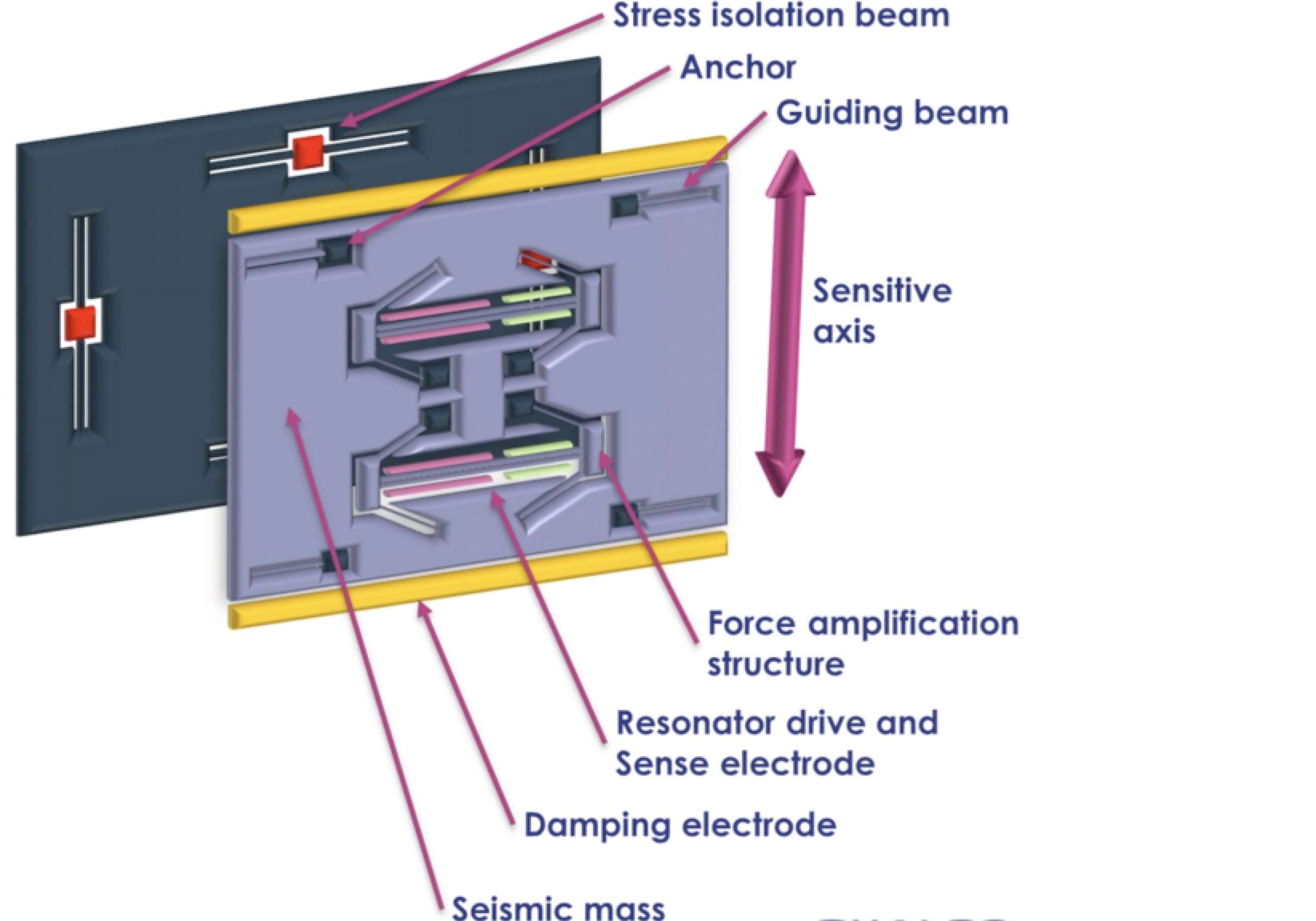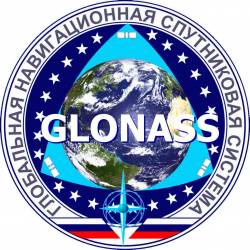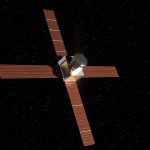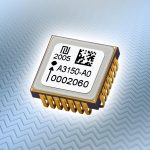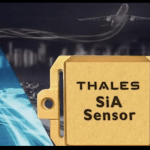MEMS has moved into the high-end market, and the latest disruptor to take into account is silicon MEMS. That’s micro-electromechanical systems based in silicon chips, for short. Accelerometers with up to 100g range and 70µg bias in a very small form factor — 6 cubic centimeters — are exploding the horizons for inertial applications.
In airborne, automotive, industrial, defense, mining, surveying, naval & marine — manned & unmanned in each sector — these silicon MEMS accelerometers are redrawing market lines and opening up new possibilities for high-performance navigation and guidance.
A free webinar on July 8 focuses on this exciting class of accelerometers and the applications growth they launch.
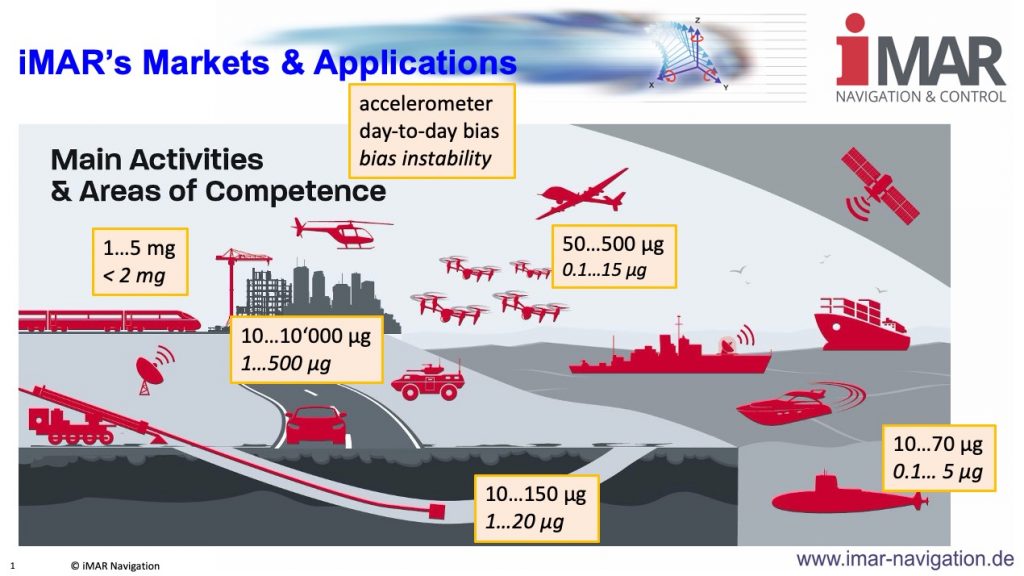
Complementary silicon MEMS advances in both accelerometers and gyroscopes now have bias stability performance exceeding Class 2 inertial requirements and on the verge of achieving Class I, high tactical grade. The webinar takes us in depth through high-performance accelerometer requirements for precise navigation and precise tilt sensing, among them:
• vastly improved good long-term stability
• support of fast convergence in data fusion
• extensive self-testing capability
• synchronization capability between several sensors, and easy interface with multiplex capability
Inside the manufacturing process, you’ll see just how this is accomplished: with a high-sensitivity vibrating beam principle, common mode error rejection and custom damping to improve performance under vibration.
You’ll learn how smart integration of the MEMS accelerometer enables very low acceleration offset and sensor bias, with high bandwidth and low data latency completing the picture.
Register now for this exciting look into new autonomous capabilities.
The expert panel:

Vivien Lagorce, MEMS Program Manager, Thales
Vivien Lagorce, MEMS sensor project leader, graduated in Electrical Engineering from Grenoble’s Institute (France). He joined THALES Group in 2009. At THALES, Vivien has carried out the development of several power supply electronic products embedded in airborne applications like flight controllers, GNSS receivers and inertial navigation systems. He has been in charge of their airworthiness certification process regarding European (EASA) and US (FAA) regulations. Now, Vivien is the project leader of the new high grade accelerometer and gyrometer based on Silicon Micro Electro Mechanical System (Si-MEMS) combining compactness with high-level performance.

Dimitrios Damianos, Technology and Market Analyst – Imaging & MEMS, Yole Développement
Dimitrios Damianos, PhD joined Yole Développement (Yole) as a Technology and Market Analyst in the Photonics & Sensing division. Dimitrios is daily working with his team to deliver valuable technology & market reports as well as custom consulting projects regarding the imaging and sensor industry including photonics & MEMS. He holds a BSc in Physics and a MSc degree in Photonics from the University of Patras (Greece). After his research on theoretical and experimental quantum optics and laser light generation, Dimitrios completed his Ph.D. at Grenoble’s university (France) in optics and microelectronics. He has also authored and co-authored several scientific papers in international peer-reviewed journals.

Edgar v. Hinüber, CEO and Managing Director, iMAR Navigation GmbH
Edgar Hinüber, Dr.-Ing. Edgar v. Hinüber is CEO and Managing Director, iMAR Navigation GmbH in Germany. He graduated from the University of Hannover in Electrical Engineering, Control and Information Theory with a Diploma in 1989 in the field of machine vision and a PhD in 1993 in Surveying of industrial robots with inertial sensors. Founded iMAR Navigation in 1992 in St. Ingbert. He has more than 30 years of experience in inertial solutions and technologies in defense, industrial and surveying applications.

Olivier Lefort, MEMS Expert and Product Design Authority, Thales
At THALES, Olivier LEFORT is MEMS sensor design authority. Since 1990, he has lead the development of MEMS technologies and then several MEMS sensors for Navigation, from AirData pressure sensors to inertial grade vibrating accelerometers and gyrometer. He has filled more than 20 patents in these fields and also author of several papers presented in Inertial oriented conferences. He is now focused on the market introduction of a MEMS accelerometer affording an outstanding sWAP level.
Register now for this exciting look into new inertial capabilities.

